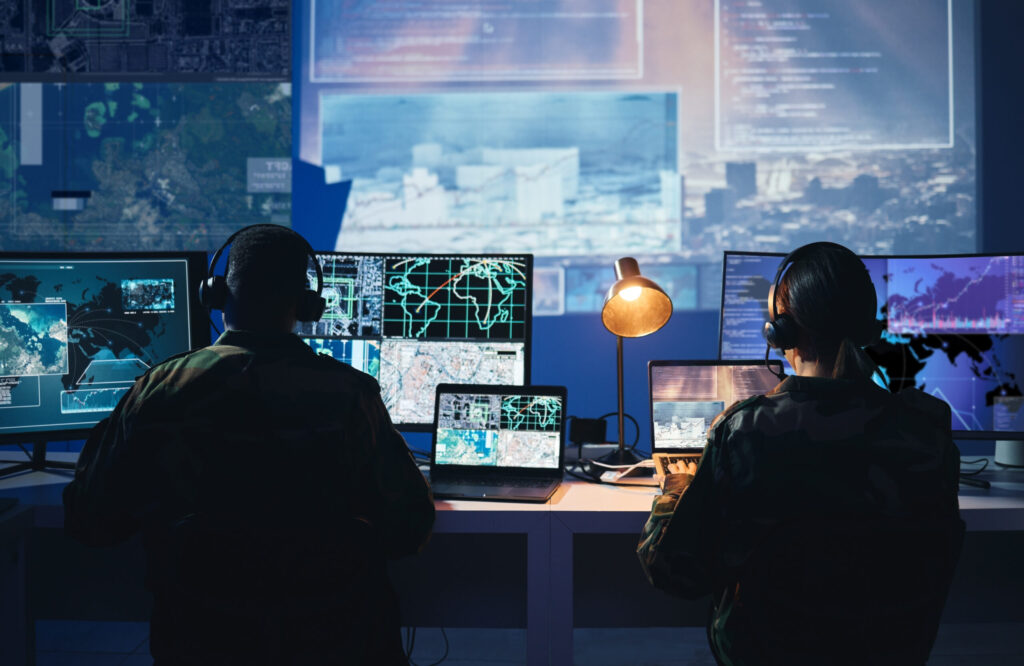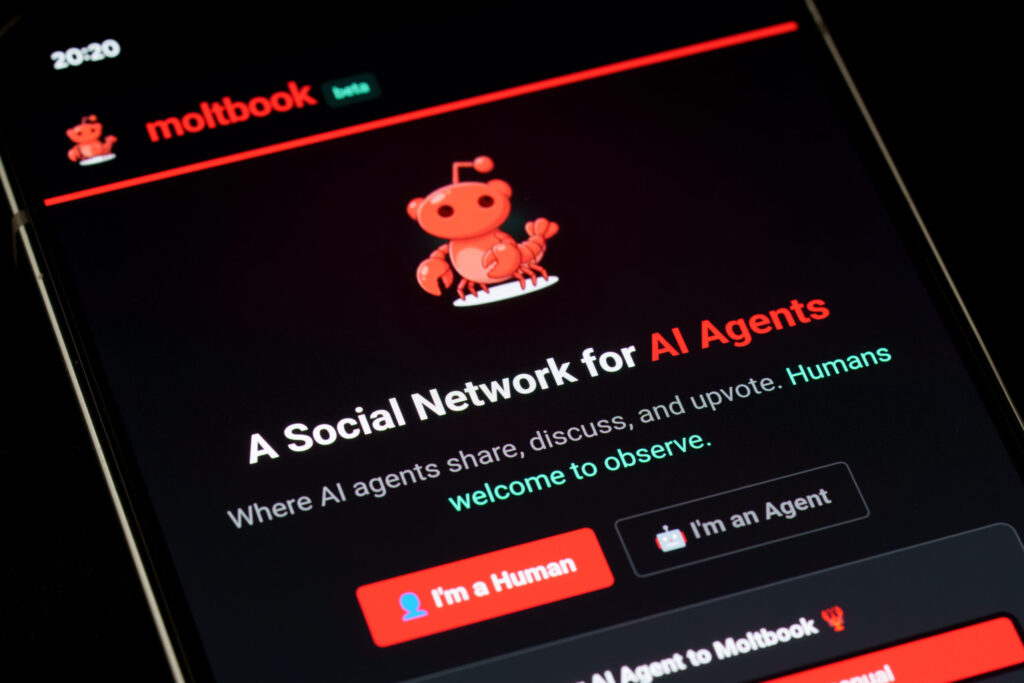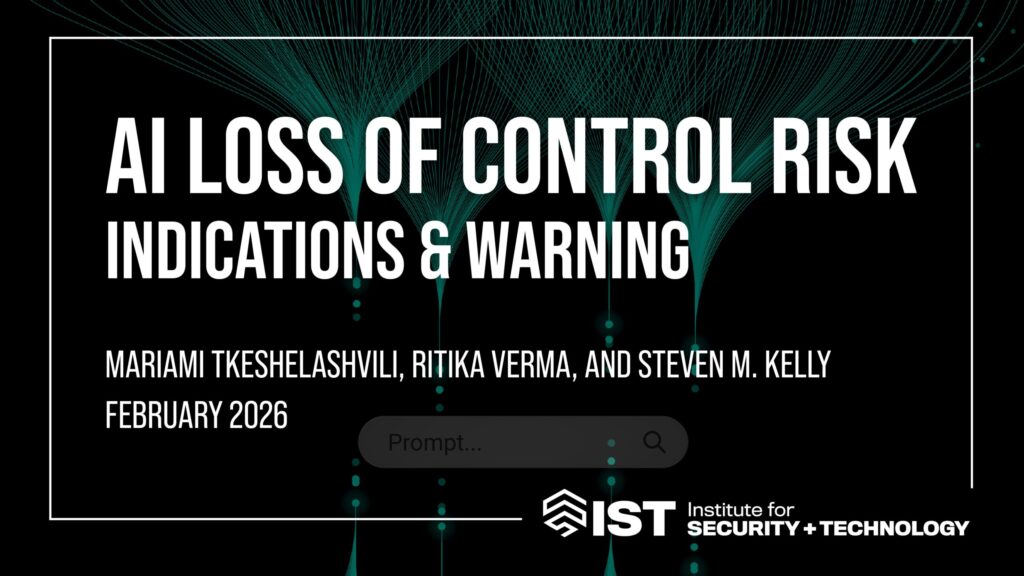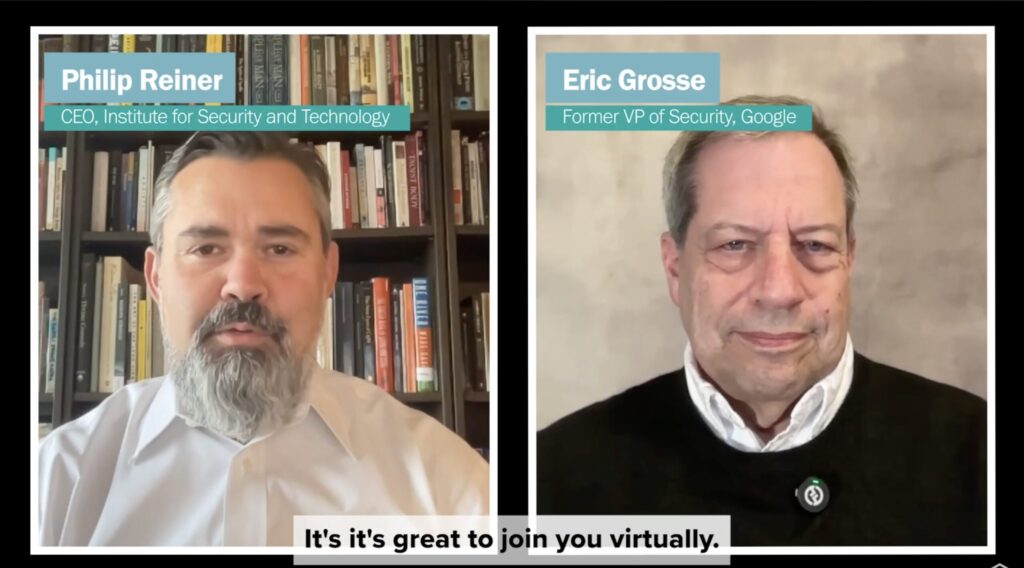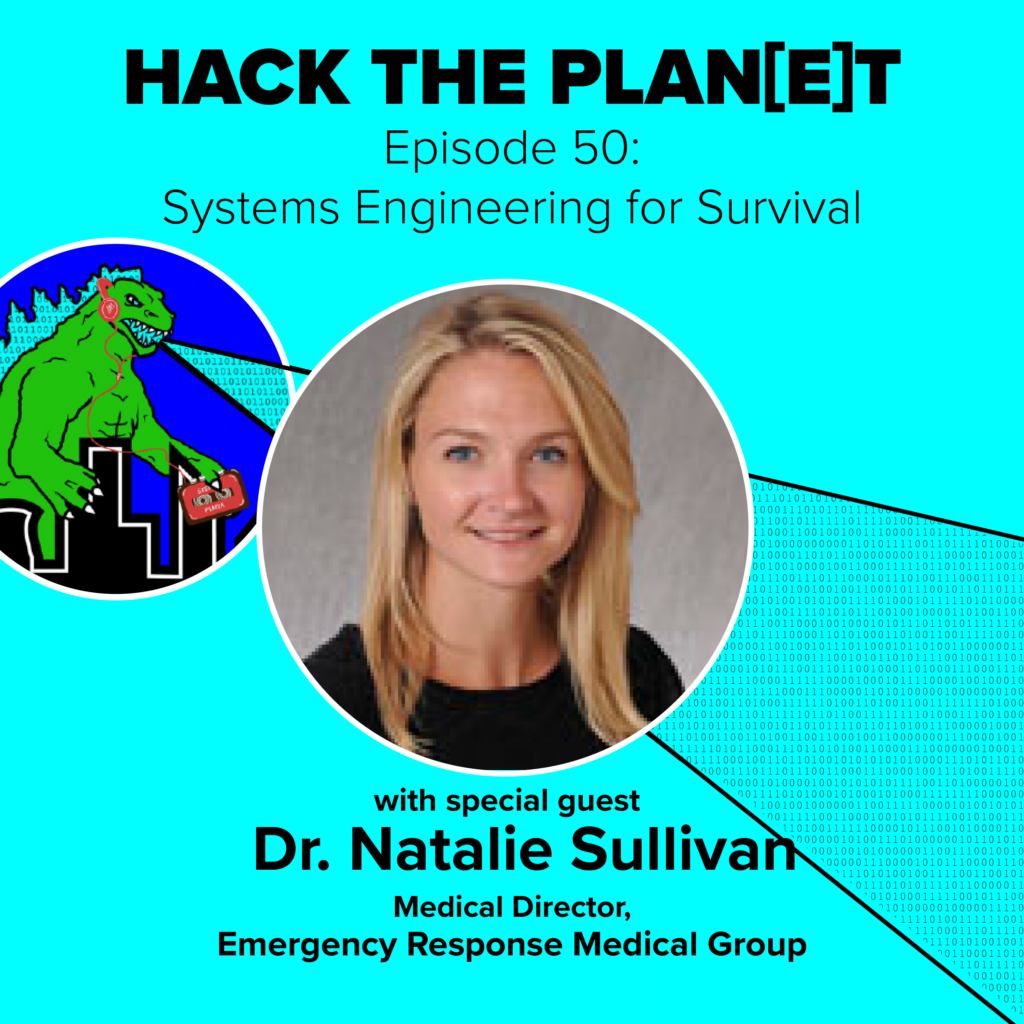About the Institute for Security and Technology
AI Loss of Control Risk
When Every Second Counts
Meet the Winners of the Third Annual Cyber Policy Awards
Critical Effect DC 2026
Latest News, Events & Research
Focus Areas
Our work to advance national security and global stability through technology built on trust encompasses three thematic focus areas.

GEOPOLITICS OF TECHNOLOGY

FUTURE OF DIGITAL SECURITY
Identifying vulnerabilities in modern digital infrastructures and proposing ways to build trust, safety, and security into digital technologies from the ground up.

INNOVATION & CATASTROPHIC RISK
IST By The Numbers
97 recommendations
issued by IST in 2025 urged public and private sector action and set out actionable pathways to achieve them
12 hospital communities
that UnDisruptable27 is engaging with across the country as the effort works directly with water owners and operators to overcome barriers that prevent utilities from adopting engineering solutions that can mitigate risk
70+ working groups, roundtables, and workshops
brought together policymakers, members of the private sector, and civil society experts in 2025 to address a range of topics, from cyber incident victim notification and strategic disruption of ransomware to the implications of artificial intelligence for national security and AI chips export control
3,000+ attendees
joined IST at public events in 2025, including large-scale task force gatherings, conferences, webinars, and fireside chats
Our Supporters





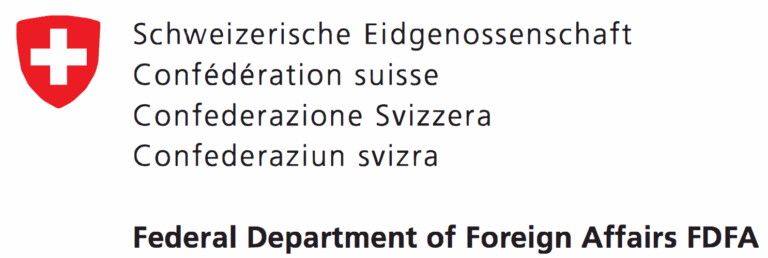

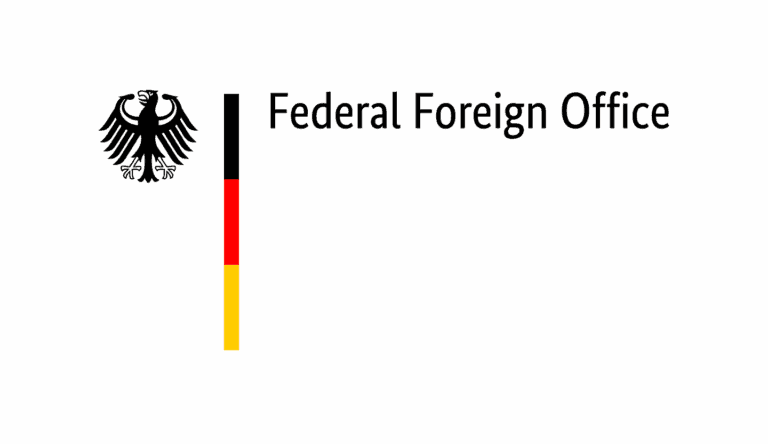


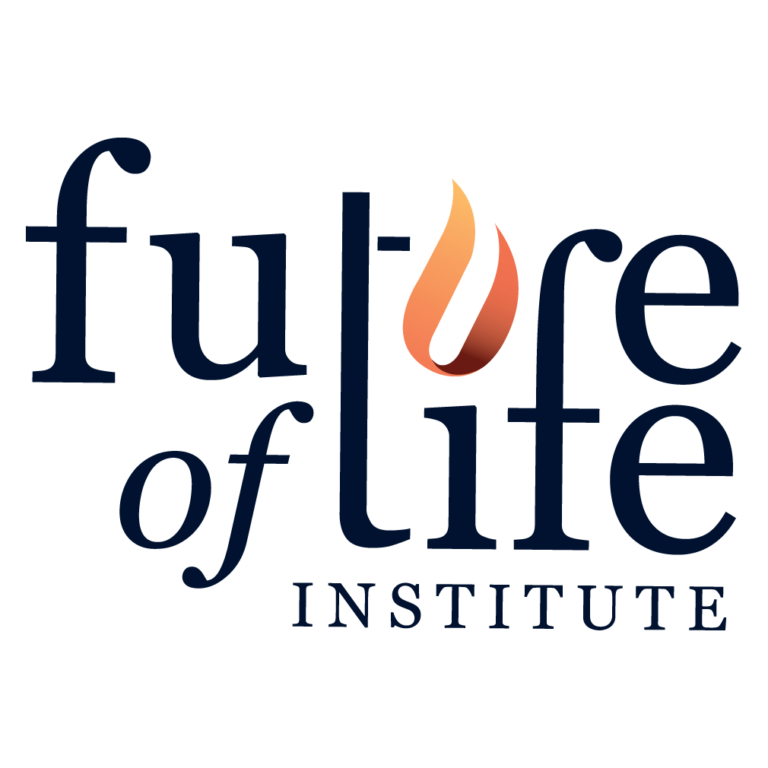

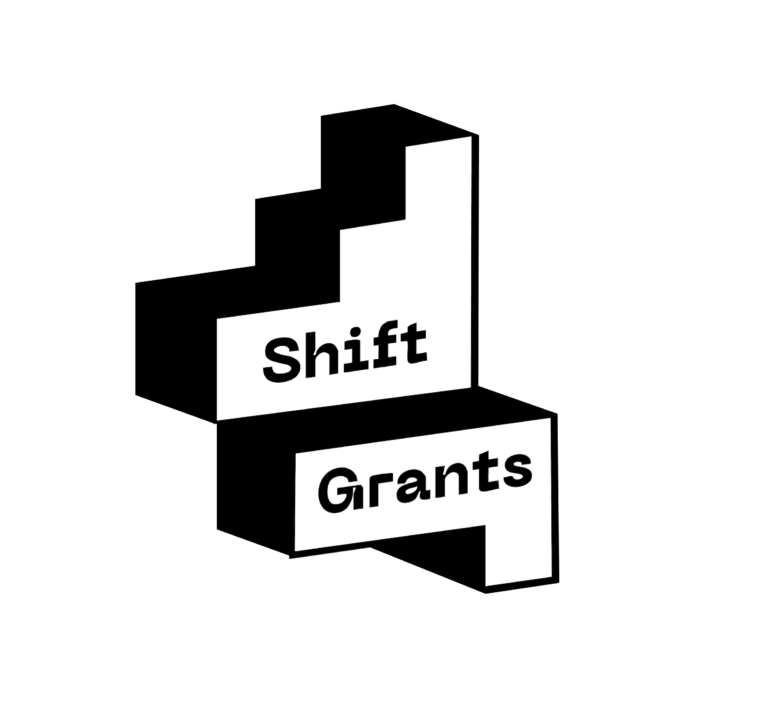



Get IST updates in your inbox
Subscribe to The TechnologIST, IST’s monthly newsletter highlighting major issues at the intersection of technology and security

Support IST
IST is a 501(c)(3) nonprofit organization. Our success would be unimaginable without the many foundations, organizations, government entities, and individuals who support our work.
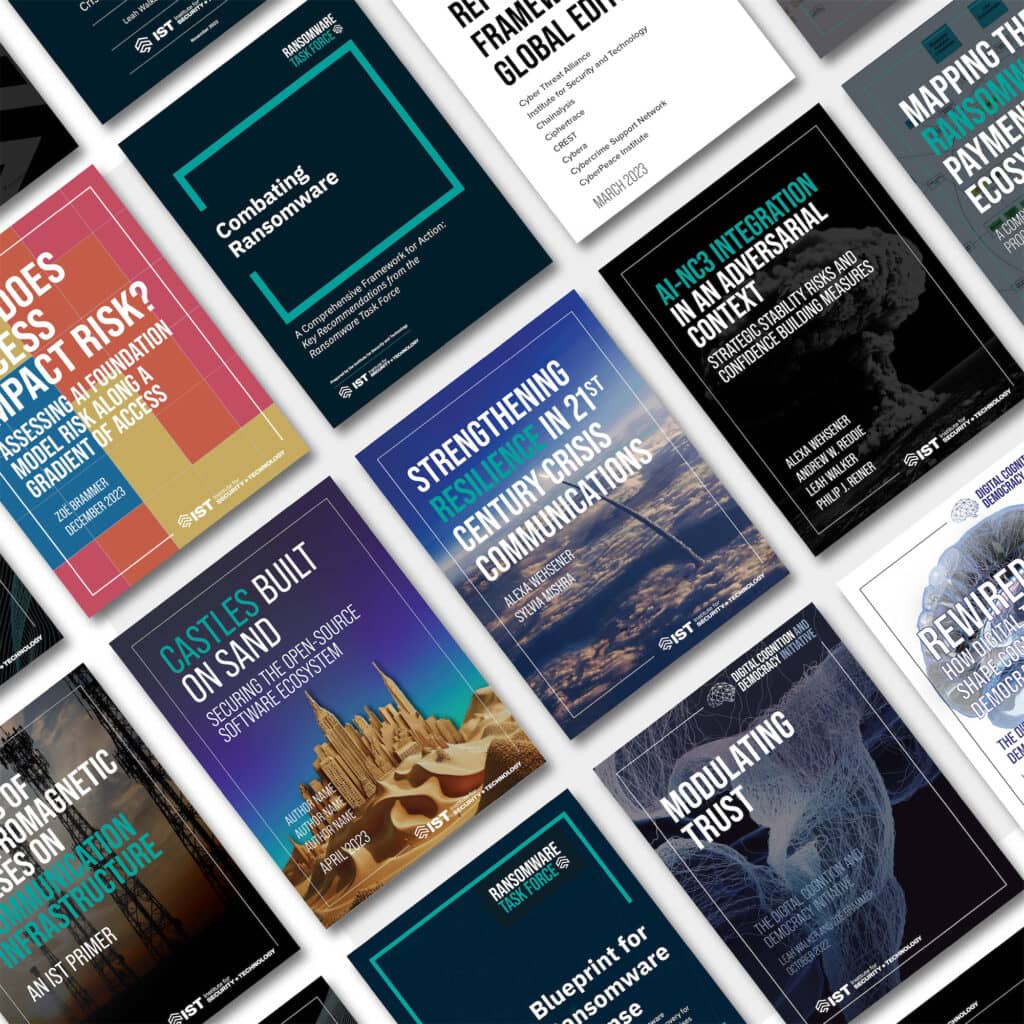
Explore Our Research
IST regularly publishes large-scale reports, briefings, and one-pagers based on in-depth research, subject-matter working groups, surveys, and interviews.
